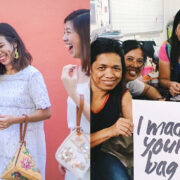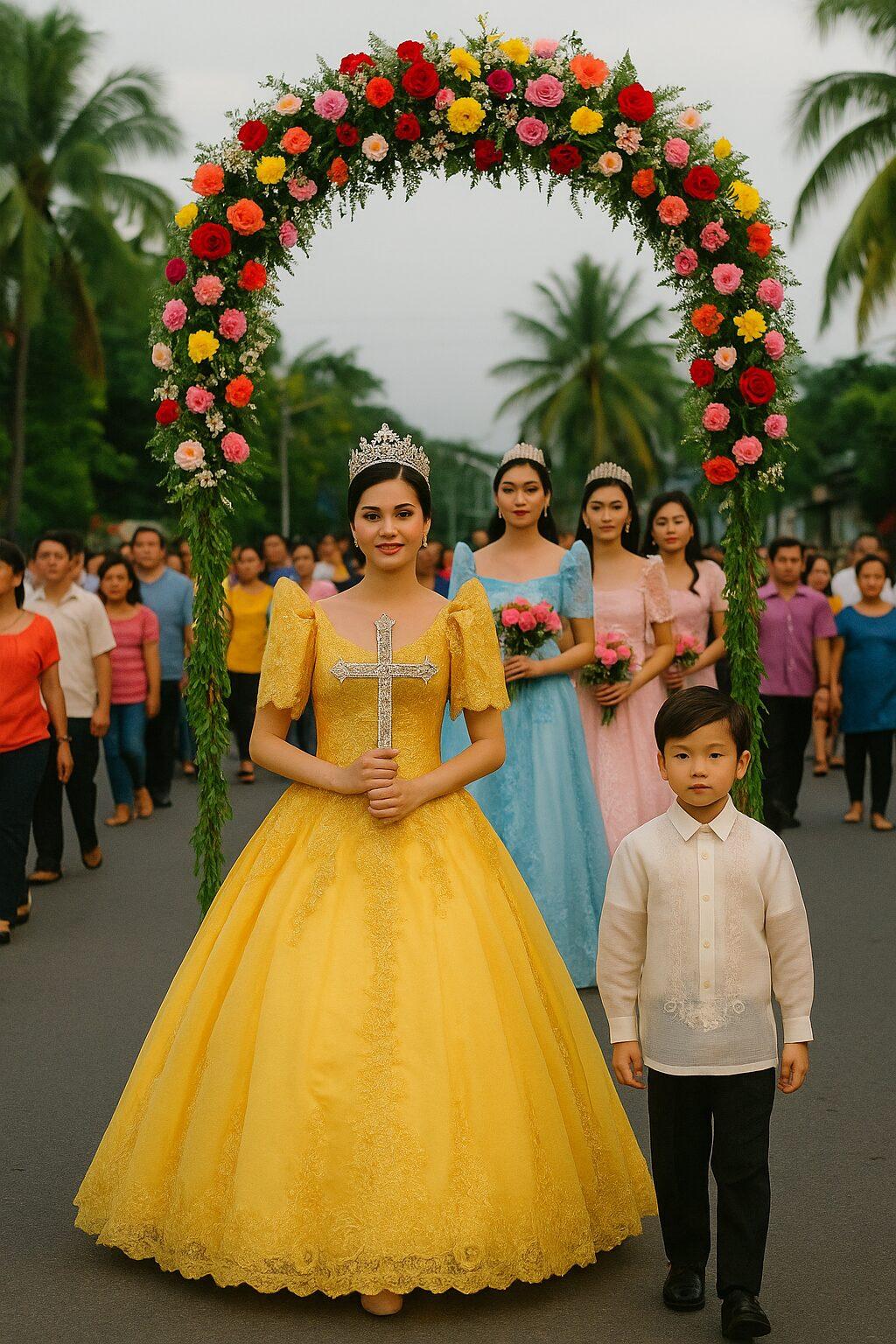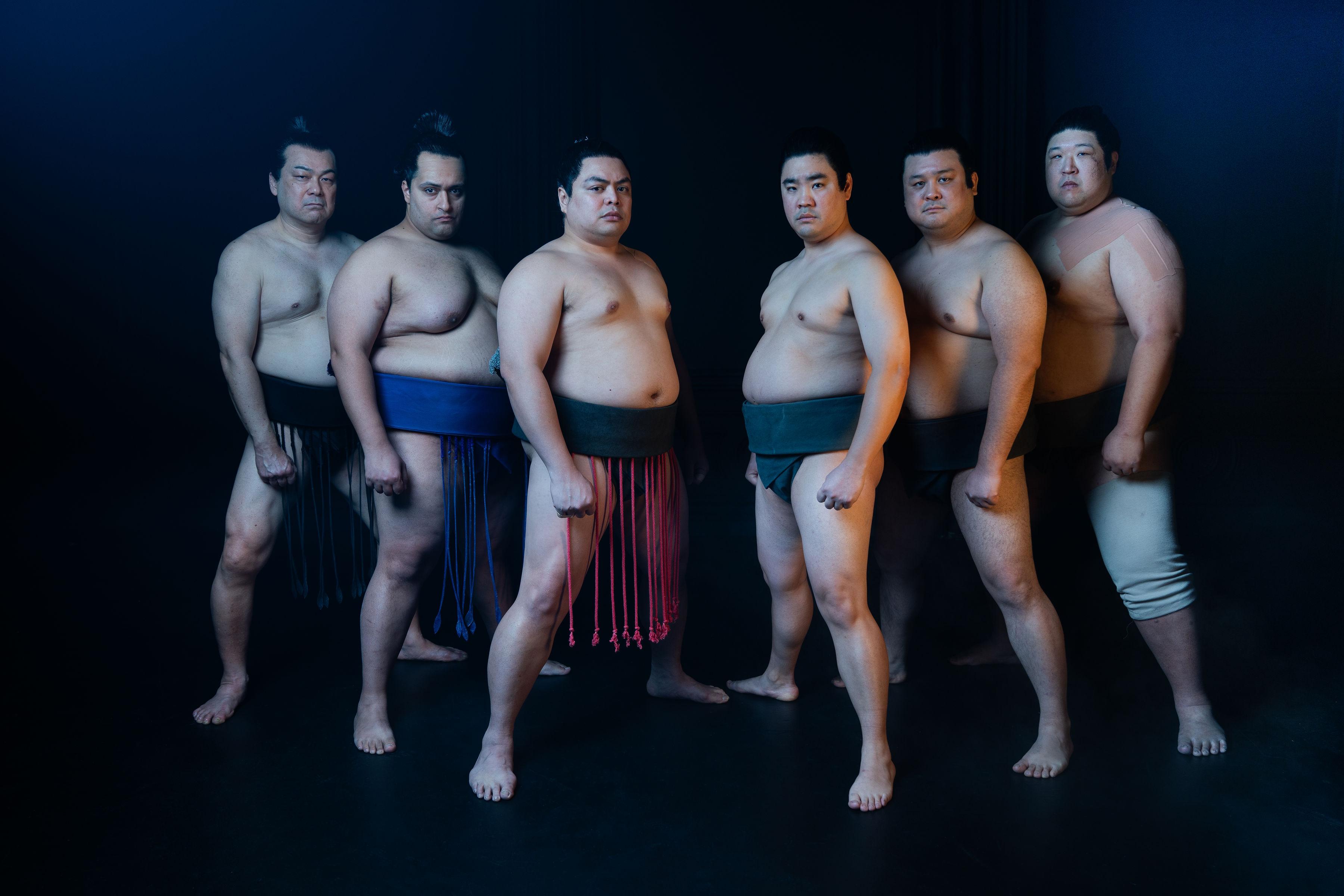
STARTING this month, products from social enterprise Rags2Riches will be available to the North American market with its first self-branded store outside of the Philippines.
R2R is a 13-year-old fashion and design house that creates eco-ethical fashion and home accessories out of upcycled and overstock fabrics. Behind every accessory is a Filipina/o artisan with a story that is shared with each purchase. And instead of customers, those who purchase from R2R are called “advocates,” as by wearing one of their clothing pieces or bags helps tell that story and promote the company’s mission.
The brand’s new e-commerce site, in partnership with Canadian ethical retailer Cambio & Co., makes owning a part of Filipino artisanship accessible, whether it’s a breathable mask using textiles sourced from weaving communities in the Philippines to a throw pillow made with back-to-back scrap materials.
R2R has previously entered the U.S. market through partners like Anthropologie, but r2rshop.com allows for more control over prices and a variety of products with shipping costs already factored in.
“We’re very happy to partner with Cambio & Co. because we need a compassionate and consistent partner and we know that there are going to be so many learnings along the way,” Reese Fernandez-Ruiz, president and founding partner of R2R, told the Asian Journal. “This is a way for us to share our story with the bigger Filipino community — Filipino Americans, Filipino Canadians or wherever they are.”
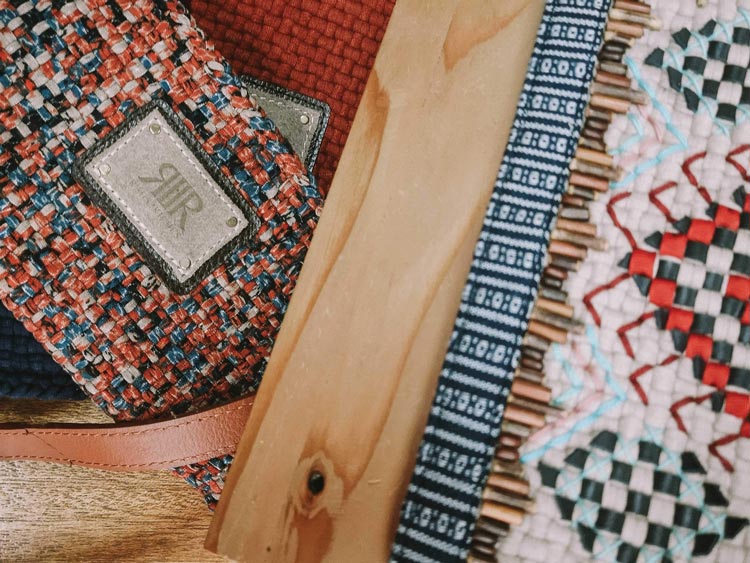
This also comes at a time when Filipinos in the diaspora are seeking a connection back to the Philippines, and when style and sustainability don’t have to be mutually exclusive.
“We always envisioned Cambio & Co. as a bridge connecting the diaspora to the homeland, but R2Rshop.com goes one step further. You don’t even need a bridge. You’re right at the doorstep. There’s something truly powerful about being able to shop directly with a brand where the leadership is all based in the Philippines and live in the same city as the artisans,” Gelaine Santiago, Cambio & Co. co-founder, told the Asian Journal in an email.

Fernandez-Ruiz met Santiago — who along with her now-husband Jérôme Gagnon-Voyer founded Cambio & Co. in 2015 as an ethical retailer specializing in contemporary, conscious fashion made by talented Filipino artisans — during the latter’s trip to the Philippines and the two companies have worked together for around three years.
The idea for a separate online shop was in the pipeline, but the pandemic sped up the process as R2R sought to diversify its market.
“For us, international expansion is very simple because it means impact expansion as well,” Fernandez-Ruiz said, adding that while advocates get to share the R2R story in North America, at the same time, the impact extends back to the Philippines for artisans to continue to have steady livelihoods.
Sustaining a social enterprise
The business concept for R2R came about based on visits that Fernandez-Ruiz and the other founders would make to Payatas, a barangay in Quezon City considered one of the poorest urban communities in the Philippines with a large dumpsite. An estimated 1,000 trucks per day arrive at the site, each carrying two to three tons of waste.
In the midst of the squalor and waste, however, stay-at-home mothers discovered scraps of cloth and wove them into foot rugs to be sold at local markets — essentially, creating something out of nothing.
However, middlemen interfered by sourcing the scraps from the garment factories and raised the prices when selling them to the women in Payatas, or would purchase the rugs for a few pesos and re-sell them at a higher price for a profit.
Instead of shelling out money and training as a form of charity, Fernandez-Ruiz and her co-founders saw that the obstacle could be overcome by taking the artisans on as business partners, and thus chip away from the cycle of poverty in the country.
R2R took out the middlemen by introducing the mothers directly to the garment factories and the market. The company, which began in 2007, helped them sell the finished, functional rugs at bazaars and fairs, while sharing the story behind them, which became an added selling point and gave a human touch.
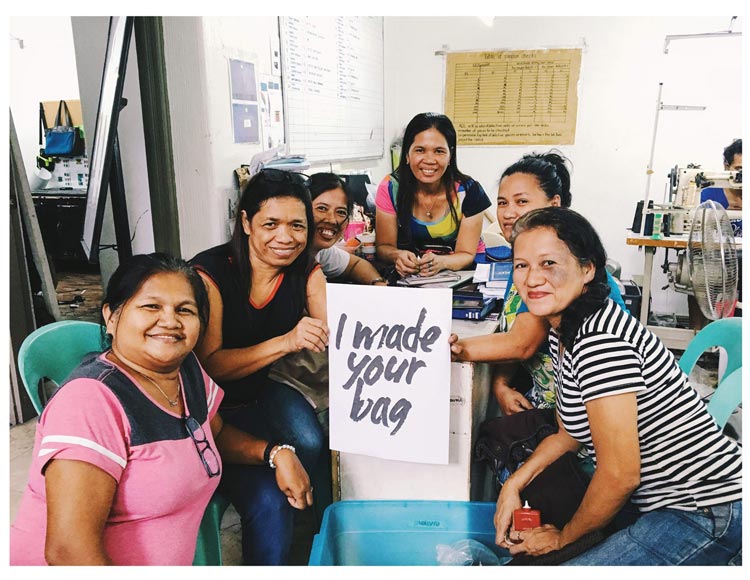
“Our model is not about donating anything. It’s about the supply chain itself, being fair and sustainable for everyone,” Fernandez-Ruiz said. “For R2R, the reason we have lasted this long is of course, the grit, determination, team effort and the partners who supported us… But I also couldn’t discount luck — in our case, the lucky breaks happened and we were ready to take them on.”
Thirteen years later, R2R’s offerings range from clothing like made-to-order jumpsuits to versatile totes, and has collaborated with other Filipino designers for capsule collections.
Some 200 artisans from Metro Manila and other areas of the Philippines craft the products by hand, and many have reported milestones through the training, such as being able to open a bank account, affording to send children to college, or starting their own businesses.
Despite the ongoing pandemic, lessons throughout the company’s history have taught them how to be agile and pivot to weather any circumstances. One benefit is that R2R does not stockpile inventory to lessen waste, and clothes are made to order, even if they require a longer wait.
“At the beginning of the lockdown in March, we immediately pivoted our production to create face masks and other essentials rather than the usual bags that we’ve been making,” Fernandez-Ruiz said. “We also created some systems to make sure that we could still do physical distancing, while being able to keep livelihood going.”
The R2R shop now sells embroidered reusable face masks ($21) in four different colors and handwoven masks ($15) using textiles from ethnically sourced from weavers, such as the Mangyan weaves from Mindoro and the Mang Abel Ti-Abria community in the Abra province. Both types have pockets for filters and are made by artisans from the safety of their homes.
The company was also able to deliver to customers during the strict quarantine in Metro Manila. However, as the pandemic continues, Fernandez-Ruiz said that it places an added burden on artisans who may be the sole breadwinners of their households right now so the company is exploring other ways to continue the stream of income for these families.
“We’re going through it one step at a time. We’re looking for more opportunities for people. It hasn’t been easy, but I think we’re one of the lucky few who are able to go through it with relatively okay,” she said, adding that for artisans still working at the R2R workshop, while socially distancing, are receiving health insurance for extra protection.
She added, “During times like this, it is when your culture is tested the most. This is the time when you will really see if your culture and your values shine through or if those are just writings on the wall. For us, it’s very encouraging to see our team members are lifting each other up.”
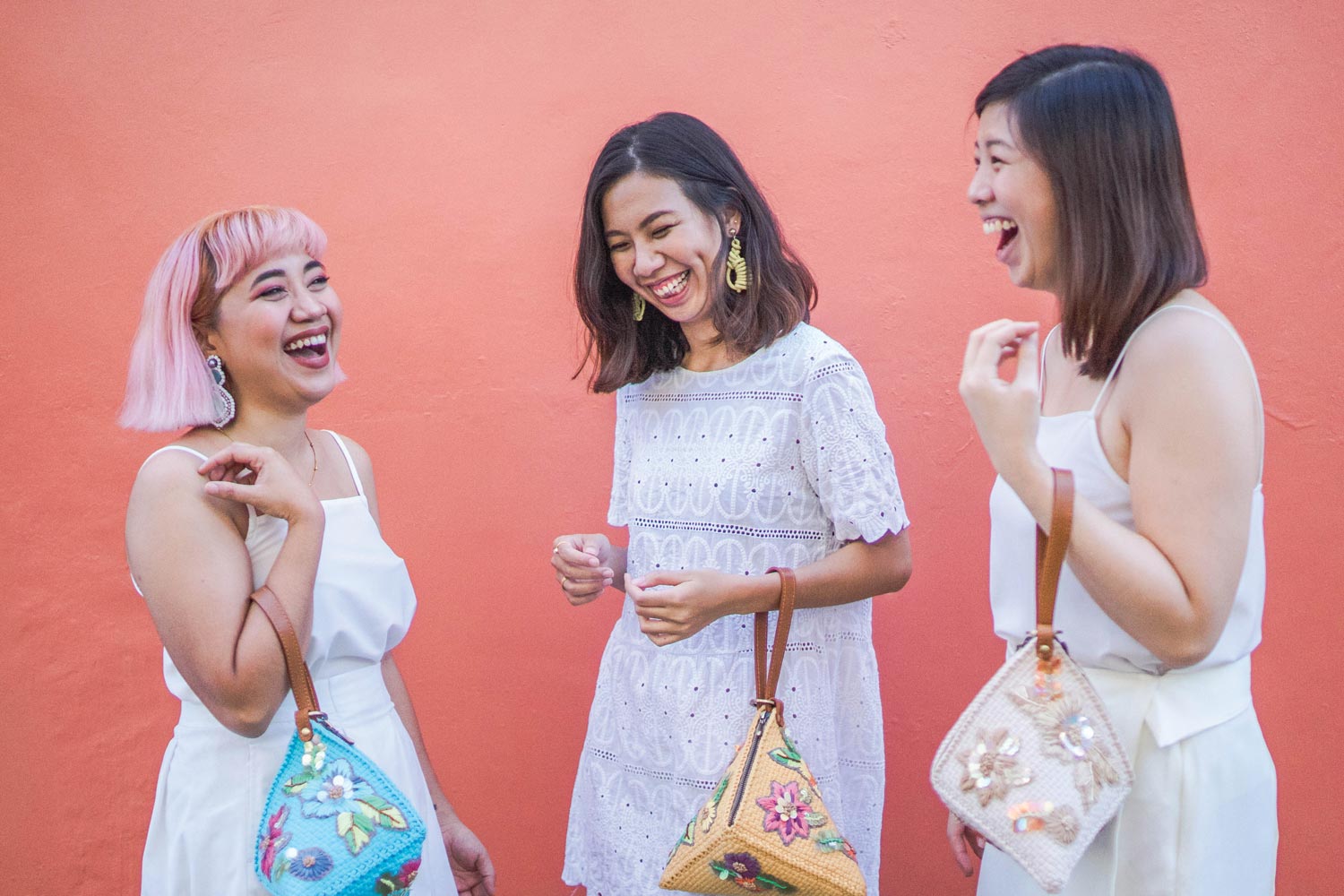
By expanding R2R’s reach and making products, which use indigenous textiles, for consumers of the Philippines, whether they are Filipino or not, Fernandez-Ruiz has been aware of the bigger cultural appropriation and cancel culture conversation. It starts with communication and transparency, she said.
“Most people who are accused of cultural misappropriation are those who don’t really talk to their partners or their suppliers — they just buy and then they just say, ‘This is my design.’ They don’t know the heritage, the history of a certain textile because they don’t talk. It’s a strange thing to say, but talk to your partner and ask them about the history of the fabric and how to best represent it to the world,” Fernandez-Ruiz said.
As for the future of R2R, the brand has a partnership with IKEA Philippines, which is slated to be its largest location in the world when it opens at the Mall of Asia by 2021 and will continue its goal to train hundreds of more artisans. The North America shop plans to carry R2R on Repeat, its lounge-to-leisure clothing line, down the line.
Fernandez-Ruiz also hopes that in a post-COVID world, consumers will continue being conscious about how they’re making purchases, especially when it comes to fashion.
“You could really see that fashion as it is now has never been sustainable and the pandemic just put a spotlight on that. On a consumer point of view, people are looking for more meaningful products because now their buying power is probably not as big as before or is threatened because they don’t know the future so they want to be more selective…or that it goes to something they believe in,” she said.


